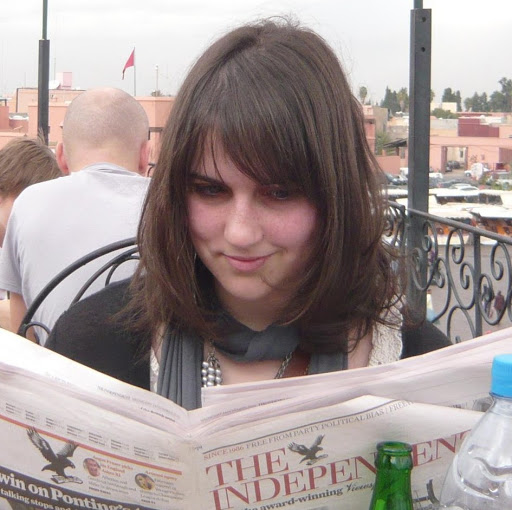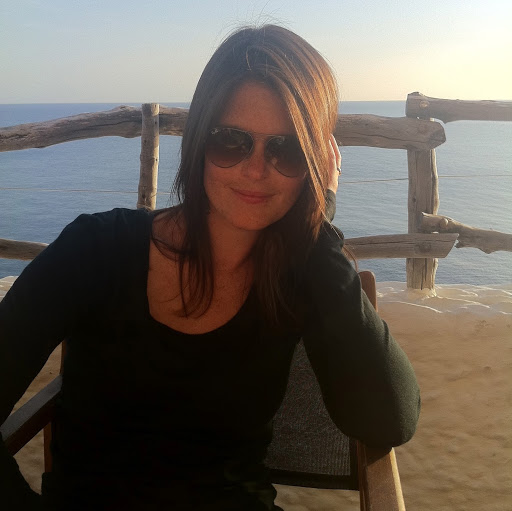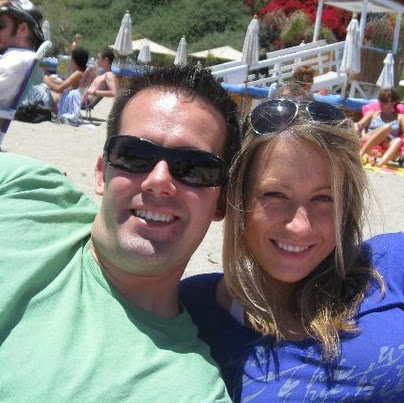Claire R Spencer
age ~55
from Pope Valley, CA
- Also known as:
-
- Claire E Spencer
- Claire E Roberts
- Clair R Spencer
- Claire R Roberts
- Phone and address:
-
7220 Pope Valley Rd, Pope Valley, CA 94567
7079650906
Claire Spencer Phones & Addresses
- 7220 Pope Valley Rd, Pope Valley, CA 94567 • 7079650906
- 7220 Pope Valley Rd #2, Pope Valley, CA 94567 • 7079650906
- 1605 Pineview Rd, Charleston, SC 29407
- 1539 Joan St, Charleston, SC 29407
- 5300 Elk Ridge Rd, Missoula, MT 59802
- Lolo, MT
- Anderson, SC
- San Francisco, CA
- Wilson, WY
Resumes

Claire Spencer
view sourceLocation:
United States

Claire Spencer
view sourceLocation:
United States

Claire Spencer
view sourceYoutube
Plaxo

Claire Spencer
view source
Claire Spencer
view sourceAgent Immobilier at Claire Spencer
News

As Israel Fights Hamas in Gaza, Egypt Plays the Peacemaker Once Again
view source- Sisi needs to establish his credibility in the West, says Dr. Claire Spencer, Head of the Middle East and North Africa Program at Chatham House. Brokering a cease-fire presents Egypt as a power to be reckoned with, she adds.
- Date: Jul 24, 2014
- Category: World
- Source: Google

US, allies expel Syrian diplomats over massacre
view source- "It's really a question of time before the Annan plan becomes hollow," said Claire Spencer, head of the Middle East and North Africa program at the London think tank Chatham House. "The testimony from survivors - when you hear it from children - as opposed to people who have a vested interest in pre
- Date: May 29, 2012
- Source: Google

Peter Goodspeed: The glamorous face of Syria's dictatorship
view source- Forced now to be a silent stage prop at political rallies, Ms. Assad has joined the wives of other Middle Eastern dictators as what Claire Spencer of the Chatham House think-tank in London called the acceptable face of a less acceptable reality.
- Date: Jan 13, 2012
- Category: World
- Source: Google

Russia regretful over US decision to delay Arab-Israeli peace step
view source- "The Quartet has never been a mediator, it's always been a backup group for U.S. negotiations," said Dr. Claire Spencer who heads the Middle East and North Africa Program at Chatham House, a London-based think-tank.
- Date: Apr 13, 2011
- Category: U.S.
- Source: Google

Amr Moussa, secretary general of the Arab League
view source- Moussa is now juggling a new series of demands. One of his jobs, says Claire Spencer, head of the Middle East and North Africa programme at the thinktank Chatham House, is to test ordinary people's reaction to a variety of positions on behalf of the Arab League's members.
- Date: Mar 21, 2011
- Source: Google

Can Morocco's King Mohammed VI outpace Morocco's 'winds of change'?
view source- Claire Spencer, the head of Chatham House's Middle East and North Africa Programme, called the kings speech momentous but said that most experts and ordinary Moroccans were waiting to see is how much life will be breathed into the often moribund political parties in Morocco in coming months.
- Date: Mar 10, 2011
- Category: World
- Source: Google

Britain's alliance with Libya turns sour as Gaddafi cracks down
view source- According to Claire Spencer, head of the Middle East and North Africa programme at Chatham House, the rapprochement with Libya in 2004 was founded on assumptions that dominated for a decade post-9/11, obsessed as the west was with the fight against al-Qaida, the wider "global war on terror" and fear
- Date: Feb 19, 2011
- Category: World
- Source: Google
Myspace
Googleplus

Claire Spencer
Education:
Open University - Politics, Philosophy & Economics, University of Birmingham - English
Tagline:
Freelance political researcher and local activist. Also a fine human being. Ask around.

Claire Spencer
Work:
Applebee's - Hostess
Education:
University High School

Claire Spencer

Claire Spencer

Claire Spencer

Claire Spencer

Claire Spencer

Claire Spencer
Get Report for Claire R Spencer from Pope Valley, CA, age ~55











